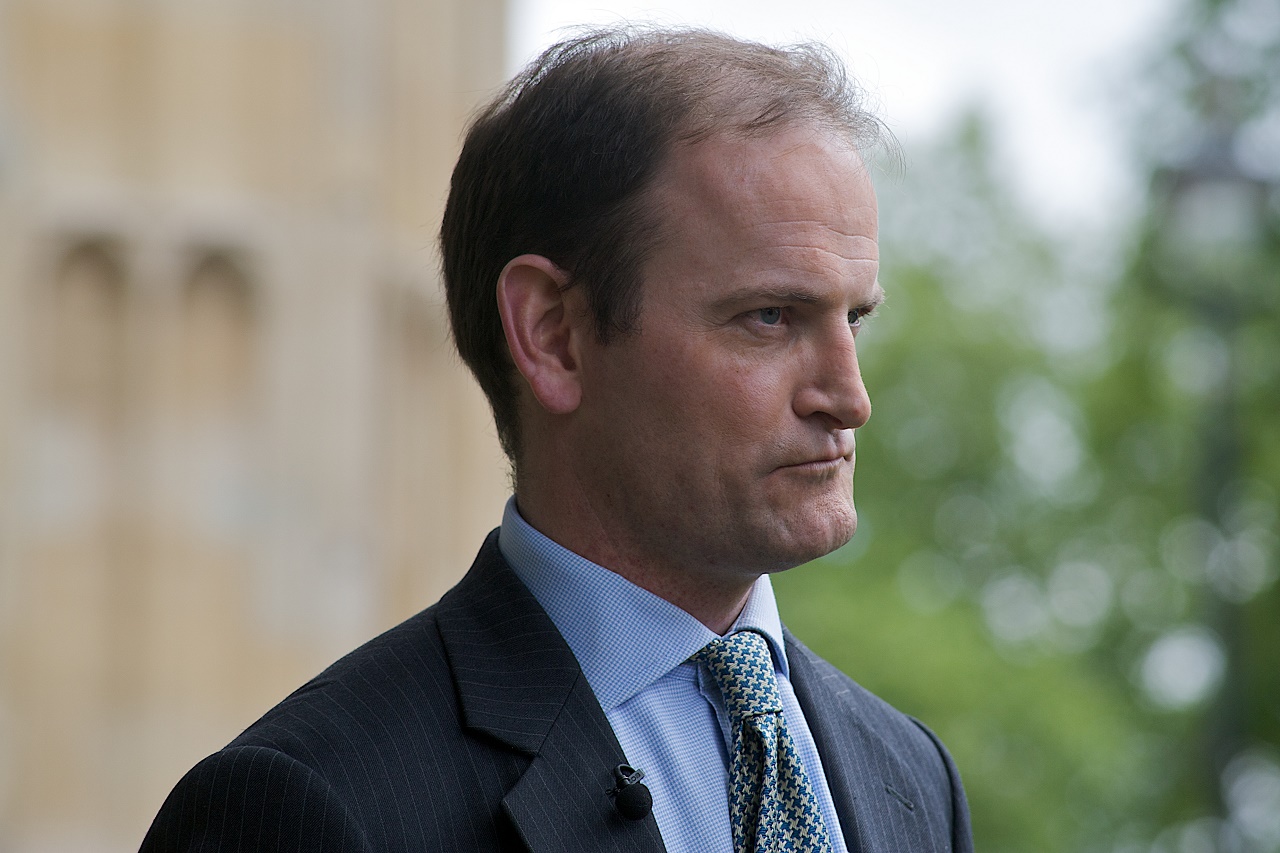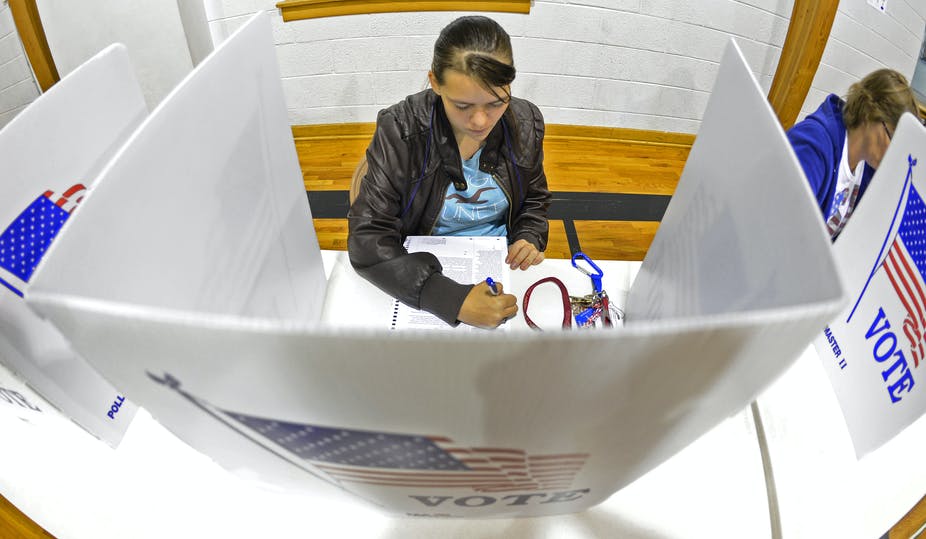Dr. Michael Skey argues that UKIP, and other political parties, should be allowed to speak at university campuses across the UK.
Reading about the recent furore over the online petition to prevent a pair of UKIP representatives from talking part in a debate on the UEA campus, I was reminded of an argument made by Les Back in his book, The Art of Listening. One of Back’s key points was that in a world of increasingly strident debate (often fired by the sometimes unthinking use of social media) social scientists needed to take a step back and listen more carefully in order to make sense of a complex and challenging world. Now, part of Back’s interest in a long and distinguished career has been unearthing the stories, views and values of some of the most vulnerable and stigmatised groups in society, allowing them to speak on their own terms and connecting their everyday experiences with the punitive demands of wider global transformations. At the same time, he is also clear that we need to adopt the same approach to those whose views we find problematic, disturbing or, downright, abhorrent. Of particular significance here is the idea that instead of simply dismissing people whose views you find troubling (a strategy that leads to further divisions), you actively, and critically, engage with them.
Discussing the subject of racism, he writes; ‘rather than pointing out why racism is bad or wrong, we [should] start from the point of view of trying to understand why racism appeals to people and what they need it for’. This doesn’t mean condoning what they say but trying to understand their worldview and the ways in which they are trying to make sense of their own lives and their relations with others. Likewise, this doesn’t mean rejecting an ethical standpoint or saying that ‘anything goes’, it means listening more intently to those we don’t agree with so that we can come up with better, more persuasive arguments.
Whether UKIP are a racist party or not is open to debate. What can’t be denied is that a number of their members have expressed deeply regressive views on race, gender and sexuality, which should be challenged at every opportunity. However, to do this requires actively engaging with them and subjecting these views, not to mention their ludicrous policy proposals, to critical scrutiny. It also means calling into question attempts to paint UKIP as a reformist party or as the heirs to a history of progressive political struggle, as both of their recently elected MP’s have claimed. Moreover, we should also make concerted attempts to understand why they appeal to so many people in age where a genuinely progressive politics should be a no-brainer.
Closer to home, to try and restrict the voices of people you don’t agree with (provided that they are not breaking any laws) surely goes against everything the university stands for? Indeed, the whole point of university is that you engage with a range of ideas some of which you don’t agree with and some of which you find downright offensive. In doing so, students are provided with some of the underlying knowledge and critical skills that enables them to challenge views that degrade or ridicule on the basis of gender, race or whatever? Are the history department not supposed to teach about Stalin’s purges or the Nazi genocide? Am I not supposed to discuss with my (mainly female) students misogynistic music videos or adverts for fear of offending them?
I find the prospect of a relatively small group of people setting themselves up as the arbiters of what can and can’t be spoken about at this university deeply unsettling. And I wonder whether those who signed the petition would be equally supportive or such measure if, for example, another group of 1000 people with very different political views argued that they didn’t want a talk on, say, pornography or sexual health to take place because it offended their views. Likewise, the revised proposal to allow UKIP to speak provided that they are accompanied by an oppositional voice is a ridiculous sop given that it won’t be applied to other speakers attending the university and, above all, the fact that the speakers would have undoubtedly been subject to a barrage of critical questions at the original talk. And quite rightly so.
The university should be a place to learn, discuss and socialise as the petitioners argue. Part of this learning process is dealing with, and dismantling, views that you don’t like or find reprehensible, not hiding away from them.
Dr. Michael Skey is a Lecturer in Media and Culture at the University of East Anglia.






Right on.
Although I agree with most of the above article, I think there are two things worthy of adding;
1) It should not be unreported how much prominent UKIP politicians and the right-wing blogosphere have targeted the students who started this petition and some student union officers. For all their supposed love of free speech, there has been a substantial quantity of vitriolic, ad hominem attacks that have involved people finding stories on their past and plastering it all over the internet. This kind of bullying politics is just as repressive of open debate as any student union ban.
2) Although I do not support the talk being cancelled once it had been set up, I do find this a curious event for a society to go out of their way to organise in the first place. Universities are a place for free speech and dissent, and for that reason I do wonder why effort has been made to publicise a right-wing populist party that receives disproportionately high press coverage. Like when David Irving and Nick Griffin spoke at the Oxford Union, there is an element of spectacle whereby a predominantly liberal university population invite bigots, racists and extremists to gawp at when barely any of the university population currently have, or will ever, agree with any of the posited opinions. The disenfranchised and marginalised communities that UKIP draws its support from aren’t university cities, and UKIP will remain unscrutinised to the people that matter: their prospective voters.
Perhaps many of the people who signed the petition did not necessarily believe in the supposedly proposed censorship, but were trying to express a more general discontent that what are supposed to be the vibrant student societies of a radical 1960’s university are spending the resources and time hosting speakers with views that predate the 1960’s.
Whilst I wouldn’t call to no platform UKIP because they aren’t Fascists I think this argument ignores a couple of important points.
You wouldn’t invite a Terrorist to talk about Terrorism and defend it as a need to “hear all viewpoints”?
You probably wouldn’t invite for example the Australian pick up merchant who taught young men how to manipulate women which had very dangerous undertones?
And Racism of the kind UKIP preaches has to be treated as harmful to our campuses and the Norwich community.
But it seems Racism isn’t given the same seriousness.
Another point,I live in norwich and members of the public or those in the community are not allowed to go to this meeting.
We are banned.
What about are freedom of speech?
We want to keep our communities free of Racism.
But we do not have an opporutnity to do so.
If UKIP gained a hearing at UEA it would have an effect on our communities.